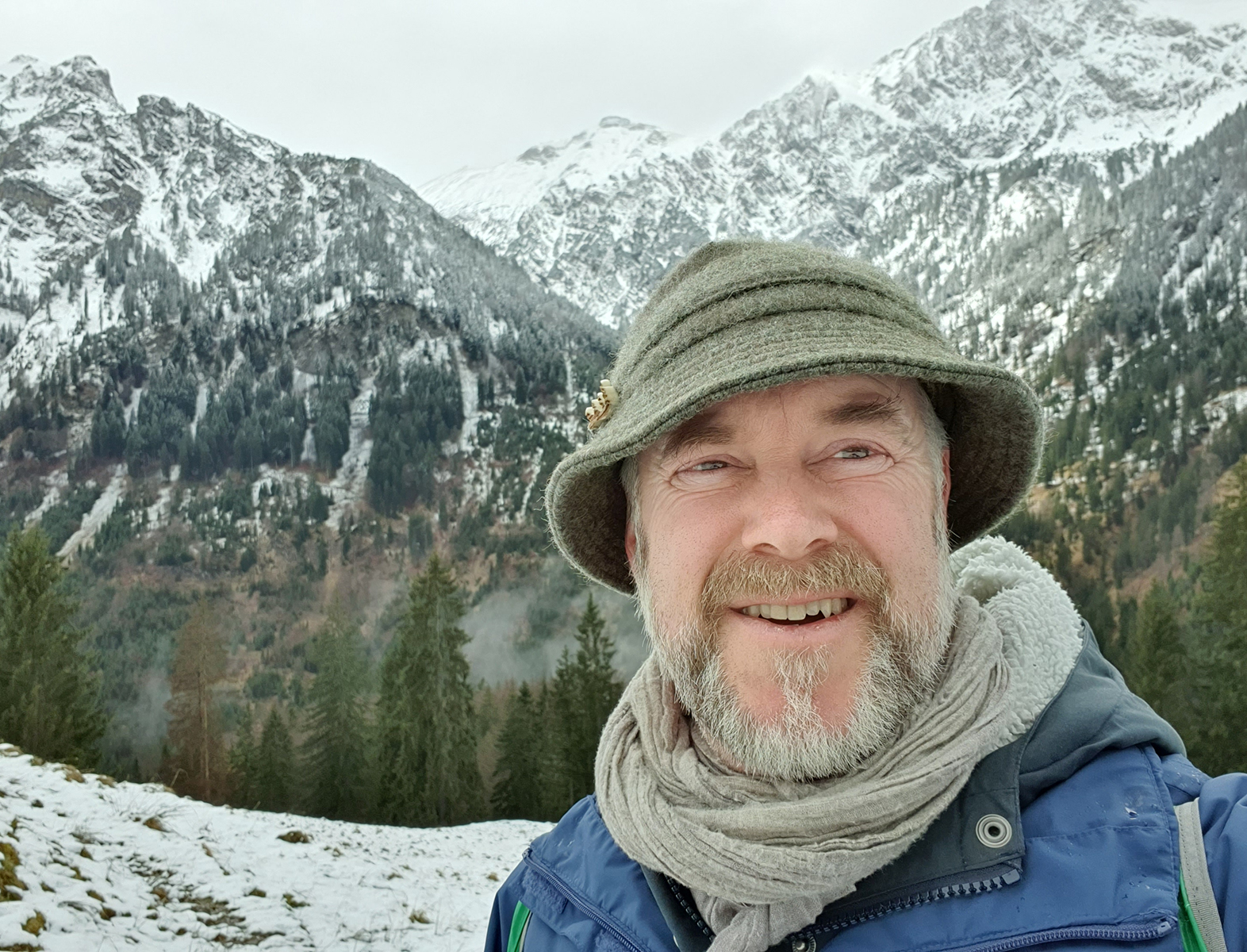You work in the “Sustainable Forest Resource Economics” department at HNEE. What topics are you researching?
I have been working as a professor of sustainable forest resource economics at the Department of Forest and Environment at Eberswalde University for Sustainable Development since 2016. My work focuses on analysing political and economic design options for the provision of (forest) ecosystem services. I am particularly interested in new forms of cooperation and financing mechanisms for ecosystem services for which there are no markets. These include, for example, forest services in the area of climate protection, the preservation of biodiversity or the recreational and health effects of forests. The evaluation of the diverse functions and services provided by forests is nothing new. However, forests are now seen much more strongly in society and politics as part of (international) solution strategies than they were 20 years ago. For example, we are currently working with researchers from Japan on the concept of forest bathing (Shinrin-Yoku) and are considering how this type of forest therapy not only offers an alternative income for forest owners, but can also make a contribution to the health system. In addition to research, the transfer of such findings into political and economic practice is also a central interest of my work.
Can you briefly tell us how you implement transdisciplinary sustainability research in your field and whether there are any challenges?
In order to better understand the diverse relationships between society and forests, the practical knowledge of social actors is required. There are so many interests, needs and perceptions of forest management that management decisions are actually always decisions about preferences that have to be negotiated. The more transparent such negotiation processes are, the more accepted they are. At least that is the hope. Almost all of my projects are characterised by the so-called multi-stakeholder approach. This means that different stakeholder groups from the fields of politics, business, forestry, environmental organisations and civil society are actively involved in the research process from the outset. I try to identify the research questions with practitioners and then develop solutions together in a structured process. Examples include how new financing models for forest ecosystem services, known as Payments for Ecosystem Services, should be designed so that they are ecologically, economically and socially sustainable. I am investigating this in Vietnam, for example, but also in Europe as part of two EU projects. This requires time and resources to build trust and develop a common understanding of problems and solutions.
What role does Brandenburg play in your research?
The majority of my research is internationally orientated. Accordingly, I work in international research networks made up of academics and practitioners. Of course, Brandenburg also plays an important role in this: on the one hand as a research area for case studies, but also for networking the stakeholders with other regions, countries and continents. In the InnoForESt project, for example, we have researched new policy and business models in the forest, such as the forest share. This is a model that is also interesting for Brandenburg in order to finance the creation of climate forests or the rewetting of moors. That’s the beauty of international and transdisciplinary research: we network and learn from each other across knowledge and national borders. Ultimately, it is the exchange of ideas that helps us to gain knowledge and find sustainable solutions!
The interview was conducted in December 2023.
Picture: Carsten Mann


